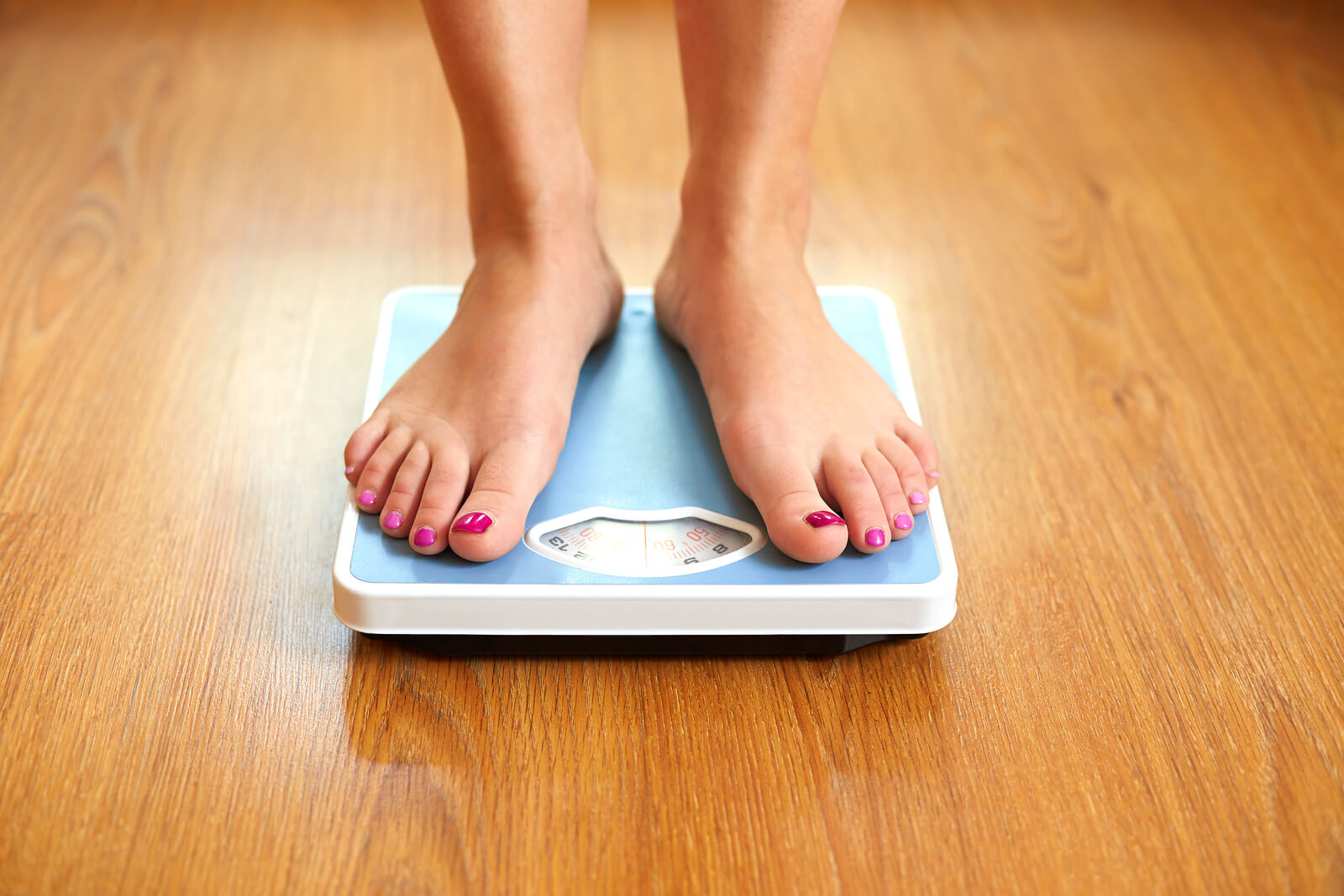Teens Health
Prescription drugs are often used to promote good health and prevent diseases in teens across the United States. However, they also have the ability to cause unwanted side effects and put a teens health in jeopardy.
About Teens Health
 Teens between the ages of 12 and 19 experience many health and wellness changes. While they’re no longer a young child, they’re also not quite an adult yet either. Because of this, it can be challenging to determine the best form of treatment when it comes to administering medications.
Teens between the ages of 12 and 19 experience many health and wellness changes. While they’re no longer a young child, they’re also not quite an adult yet either. Because of this, it can be challenging to determine the best form of treatment when it comes to administering medications.
Today, middle and high school adolescents are faced with a wide range of health matters ranging from being overweight, depression and chronic conditions that have passed down genetically. Genetics can play a role in disorders such as cystic fibrosis, muscular dystrophy, ADHD, epilepsy and heart conditions. While there is no definite answer as to whether or not an adolescent will develop a genetic health condition, be sure to advise your physician so they can include it in your medical records.
During the teenage years, girls’ and boys’ bodies develop in different stages; therefore, they should not be treated in the same manner. For instance, teenage girls tend to put on weight and develop a womanly shape. On the other hand, teenage boys get wider shoulders, bigger muscles and go through a growth spurt.
Annual physical examinations are recommended for teenagers. Physicians will screen for high blood pressure, cholesterol and other health conditions, as well as discuss good nutrition and the importance of exercise.
How Drugs can Impact Teens Health
Medicines, both over-the-counter and prescription, provide numerous benefits for many teens. They can be used to help relieve pain, promote health and prevent certain health complications from worsening. However, some drugs can also cause unwanted short- and long-term side effects.
Take painkillers for example. The overuse of prescription pain relievers can lead to physical dependency issues that are difficult to overcome. Teens may start using painkillers to treat inflammation and gradually become dependent on the high feelings they create. When their prescription runs out, they may find themselves stealing drugs from family members and friends, or looking for drugs that produce a similar effect.
Reduce your risk of complications by asking your physician about a prescription’s common and rare side effects. Also be sure to provide them with a list of medicines you are currently on, so they are aware of possible drug reactions. Contact your doctor or seek immediate medical attention if you experience any negative side effects from taking a medicine.
Obesity Drugs
 Adolescent obesity has more than quadrupled between 1980 and 2012, rising from five percent to roughly 21 percent. If left untreated, obesity can continue from teen years into adulthood and cause a multitude of health complications including diabetes, high blood pressure, health problems and sleep apnea.
Adolescent obesity has more than quadrupled between 1980 and 2012, rising from five percent to roughly 21 percent. If left untreated, obesity can continue from teen years into adulthood and cause a multitude of health complications including diabetes, high blood pressure, health problems and sleep apnea.
In addition to recommending a balanced diet and regular exercise, many doctors may prescribe a weight loss medication to help treat obesity. Xenical, a drug approved by the FDA in 2003, was developed to help obese adolescents between the ages of 12 and 16. Common side effects related to the use of Xenical are stomach pain, nausea, weakness, loss of appetite and cold symptoms. Though uncommon, weight loss medications like Xenical can cause serious side effects including severe pain in lower back, blood in your urine, feeling short of breath and urinating less than usual.
Talk to your doctor about your medical history before taking a weight loss medication. You will need to be closely monitored while on the drug to keep track of your progression. Taking more than prescribed or stopping your prescription altogether can be detrimental to your health and should not be done without the care of a medical professional.
Sleeping Pills
 With a number of homework assignments, exams and extracurricular activities going on in a single week, teens often get an insufficient amount of sleep. A lack of sleep in adolescents can cause irregular sleep patterns and sleep disorders that can worsen over time.
With a number of homework assignments, exams and extracurricular activities going on in a single week, teens often get an insufficient amount of sleep. A lack of sleep in adolescents can cause irregular sleep patterns and sleep disorders that can worsen over time.
To help get some shut eye, many teens are turning to sleeping pills. While sleeping medications are effective in getting restful sleep, they also come with risks. In fact, long-term use of sleeping pills increases the chance of physical and psychological dependence. Other harmful consequences of sleeping pills are daytime drowsiness, difficulty with coordination, uncontrollable shaking, weakness and memory problems. Teens who take prescription drugs to treat a sleeping disorder are also nearly 12 time more likely to abuse those drugs than their peers who are not on medications.
Sometimes though, going to bed earlier isn’t always the answer for an adolescent’s sleep troubles. Sleeping difficulties can actually be a sign of other health conditions such as autoimmune diseases, diabetes, heart failure, musculoskeletal disorders and thyroid disease. Because of this, you should talk with your doctor about your sleeping patterns for a proper diagnosis and treatment plan.
Juvenile Arthritis Relief
 Close to 300,000 U.S. adolescents under the age of 18 have been diagnosed with arthritis or another rheumatic condition. Persistent joint swelling and pain is usually a key indicator of juvenile arthritis. Although there is no cure, juvenile arthritis can be managed with a healthy lifestyle and oftentimes, medicine.
Close to 300,000 U.S. adolescents under the age of 18 have been diagnosed with arthritis or another rheumatic condition. Persistent joint swelling and pain is usually a key indicator of juvenile arthritis. Although there is no cure, juvenile arthritis can be managed with a healthy lifestyle and oftentimes, medicine.
Since juvenile arthritis can progress as an adolescent ages, a prescription drug may be recommended in order to slow or stop the disease’s progression. A physician may start treatment with an over-the-counter anti-inflammatory drug like ibuprofen and naproxen. The side effects with both of these drugs are usually minor and include an upset stomach or nausea. For more moderate to severe cases of juvenile arthritis, you may be prescribed a disease-modifying antirheumatic drug or tumor necrosis factor blockers. These aid in relieving painful swollen joints and stiffness. However, they can increase your risk of getting certain cancers or cause immune system complications.
Frequent follow-up care with a medical professional is required for juvenile arthritis. Generally, medication on its own will not treat the condition, as it must be used in combination with exercise and healthy living habits. If you noticed a change in your physical or emotional health, be sure to let your doctor know sooner rather than later.
Headache and Migraine Medication
 Stress, lack of sleep and poor diet are all factors that can trigger adolescent headaches. Headaches can occur suddenly and disappear within a matter of minutes or hours. Each month, roughly 56 percent of boys and 74 percent of girls between the ages of 12 and 17 get headaches.
Stress, lack of sleep and poor diet are all factors that can trigger adolescent headaches. Headaches can occur suddenly and disappear within a matter of minutes or hours. Each month, roughly 56 percent of boys and 74 percent of girls between the ages of 12 and 17 get headaches.
Many types of headaches are typically treated with over-the-counter medicines like Tylenol, Advil, Aleve and aspirin. These drugs start working immediately to relieve the tension, allowing symptoms to fully subside within a few hours. Although side effects are uncommon, some individuals may experience light-headedness, nausea, stomach pain or trouble passing urine after taking an over-the-counter painkiller.
Once an adolescent hits puberty, they are also more likely to be affected by migraines. The pain and symptoms of migraines often play a role on teens having to skip school or other obligations. During the teen years, migraines affect girls nearly twice as much as boys. Prescription medications may be used to help reduce nausea, light sensitivity and excruciating pain. Unfortunately, these drugs also come with a number of potential side effects such as fatigue, depression, lowered blood pressure, dizziness and chest tightness. Do not take a migraine medication for conditions outside of its intended use. You should also schedule regular health checkups with your physician to discuss any bodily changes.
Learn More about Drugs that Affect Teens Health
The effects from prescription drugs and medical devices can impact a teens health and development in many was. If your teen's medicine has caused serious complications, its time to schedule a legal consultation and get help.
Last Edited: January 19, 2017